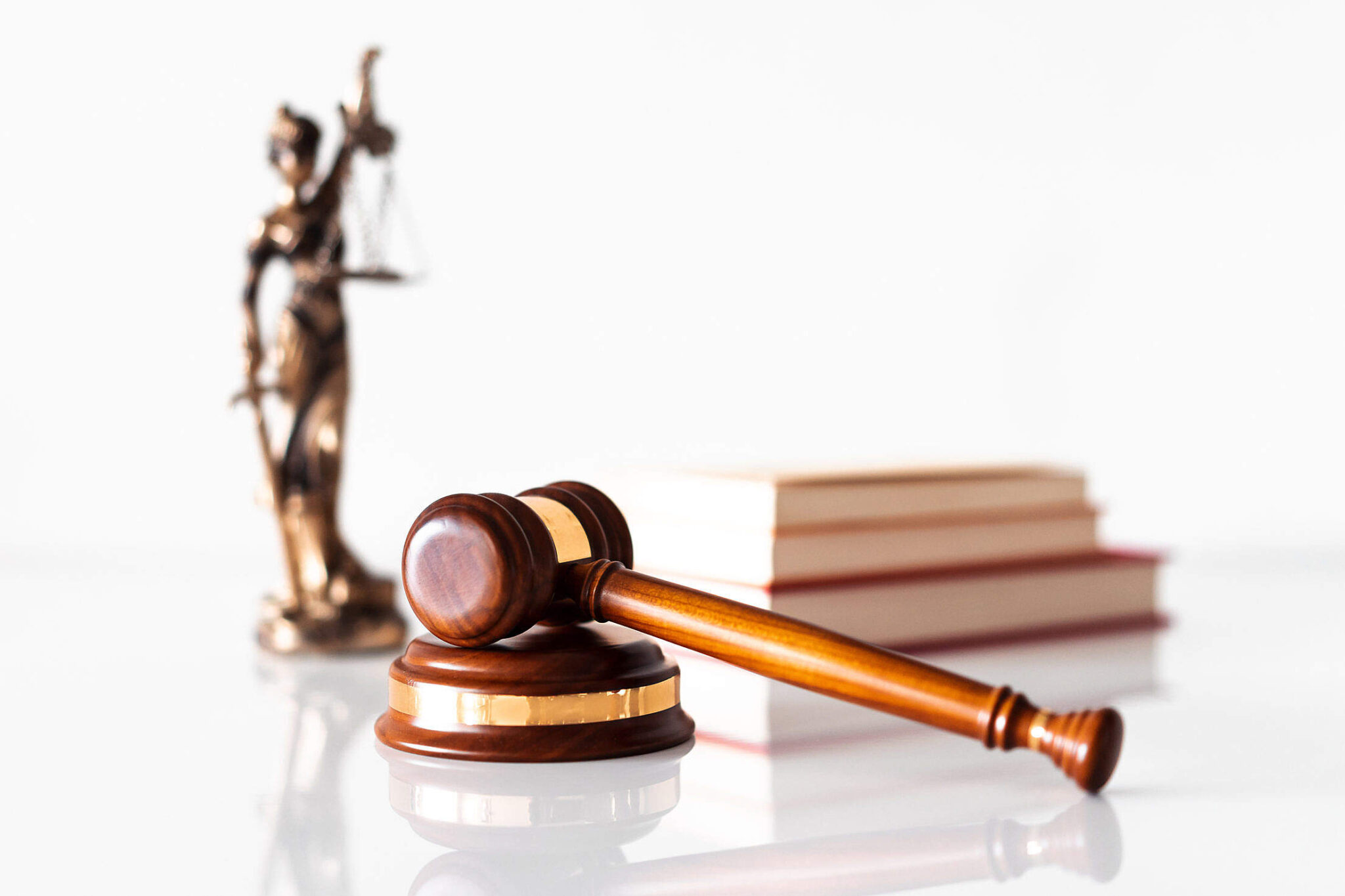Introduction
Navigating the legal system can be a daunting experience, especially when faced with an unfavorable court decision. The process of appealing a court decision requires precision, strategy, and often, expert guidance. If you're contemplating this step, you might find yourself asking: "How do I even begin?" In this comprehensive guide, we will delve into the intricacies of appealing a court decision with insights from an esteemed legal authority, Jason B. Being. With extensive experience in the field and as one of the leading Lawyers in Belleville IL, Jason brings valuable expertise that can illuminate your path toward justice.
Understanding Appeals: What Is an Appeal?
An appeal is essentially a request made to a higher court to review and change the outcome of a lower court’s decision. This process is crucial for ensuring that justice is served fairly. It's important to understand that an appeal is not merely about re-litigating the case; it focuses on whether the law was applied correctly during the initial trial.
Why Appeal?
People choose to appeal for various reasons:

- Errors in Law: If you believe that the judge misinterpreted or misapplied the law. New Evidence: Sometimes new evidence may emerge that can significantly influence the case. Procedural Errors: In some instances, procedural mistakes may have unfairly impacted the trial's outcome.
Understanding these reasons can help clarify whether pursuing an appeal is worth your time and resources.
How to Successfully Appeal a Court Decision with Guidance from Jason B.Being
When considering how to successfully appeal a court decision, engaging with knowledgeable professionals like those at the Law Office of Jason B. Going becomes paramount. Here are essential steps outlined for effectively navigating this process:
Step 1: Review Your Case
personal injury lawyer near meBefore proceeding with an appeal, it's critical to conduct a thorough review of your case file. This includes examining:
- Court transcripts Evidence presented Legal arguments made
Step 2: Consult Experienced Lawyers in Belleville IL
Engaging experienced attorneys can make all the difference. At the Law Office of Jason B. Going, we specialize in appellate law and offer tailored strategies depending on your unique situation.
Step 3: Identify Grounds for Appeal
Not all cases qualify for an appeal based solely on dissatisfaction with a verdict. Identifying specific legal errors or violations will strengthen your case.
Types of Appeals
In order to navigate your options effectively, it's vital to understand different types of appeals available:
Civil Appeals
Civil appeals involve disputes between individuals or organizations over rights and obligations under civil law.
Criminal Appeals
These appeals arise when defendants seek relief after being convicted in criminal cases.
Administrative Appeals
These typically involve decisions made by government agencies and can cover issues such as zoning laws or licensing.
Family Law Appeals
In family law cases—like custody battles or divorce settlements—appeals may be sought if one party believes there has been judicial error.
The Appellate Process Explained
Understanding how appeals work legally is crucial for anyone considering this route:
Filing Notice of Appeal
The first step is filing a notice of appeal within a specified timeframe after judgment—often between 30 to 60 days.
Preparing the Record on Appeal
This involves compiling all relevant documents including trial transcripts and evidence presented during the original case.
Drafting Appellate Briefs
Appellate briefs are crucial documents that lay out arguments for why the lower court's decision should be overturned or upheld. Here’s what they typically include:
- Statement of Facts Legal Arguments Conclusion
The Importance of Legal Representation in Appeals
Having skilled lawyers in Belleville IL enhances your chances significantly when appealing a court decision. They know how to frame arguments effectively and navigate complex legal principles which could otherwise be overwhelming.
FAQs About Appealing Court Decisions
1. What is the timeline for filing an appeal?
Typically, you have about 30 days from receiving judgment but check local rules as they vary by jurisdiction.
2. Can I represent myself during an appeal?
While self-representation is possible, it’s highly recommended to consult experienced lawyers like those at the Law Office of Jason B. Going due to complexities involved.
3. What happens if my appeal fails?
If denied, you may have limited options left like seeking further review from higher courts; however, outcomes depend heavily on jurisdictional rules.
4. Will I need new evidence for my appeal?
Generally speaking, appeals are based on existing records; new evidence may only be introduced under specific circumstances.
5. Is there any cost involved in filing an appeal?
Yes, costs can include attorney fees, filing fees, and potential costs associated with obtaining trial transcripts among others.
6. How long does an appellate process take?
It varies widely but typically ranges from several months up to years depending on complexity and jurisdictional backlogs.
Conclusion
Appealing a court decision can feel like climbing Mount Everest—challenging but ultimately rewarding if navigated correctly! With guidance from experts like Jason B.Being at the forefront through his practice at the #Law Office of Jason B. Going#, you’re not alone in this uphill journey toward justice.
For those grappling with unfavorable rulings, remember: understanding your rights and engaging qualified representatives makes all the difference! Whether it’s civil disputes or criminal trials, don’t hesitate to reach out for expert assistance tailored specifically for you by trusted lawyers in Belleville IL!
Through diligent preparation and strategic maneuvering guided by seasoned professionals like those at our firm, you stand poised for success in pursuing justice through appeals—a journey well worth taking!